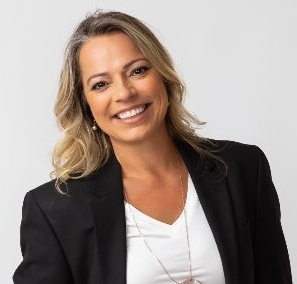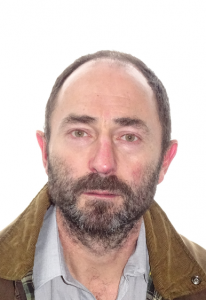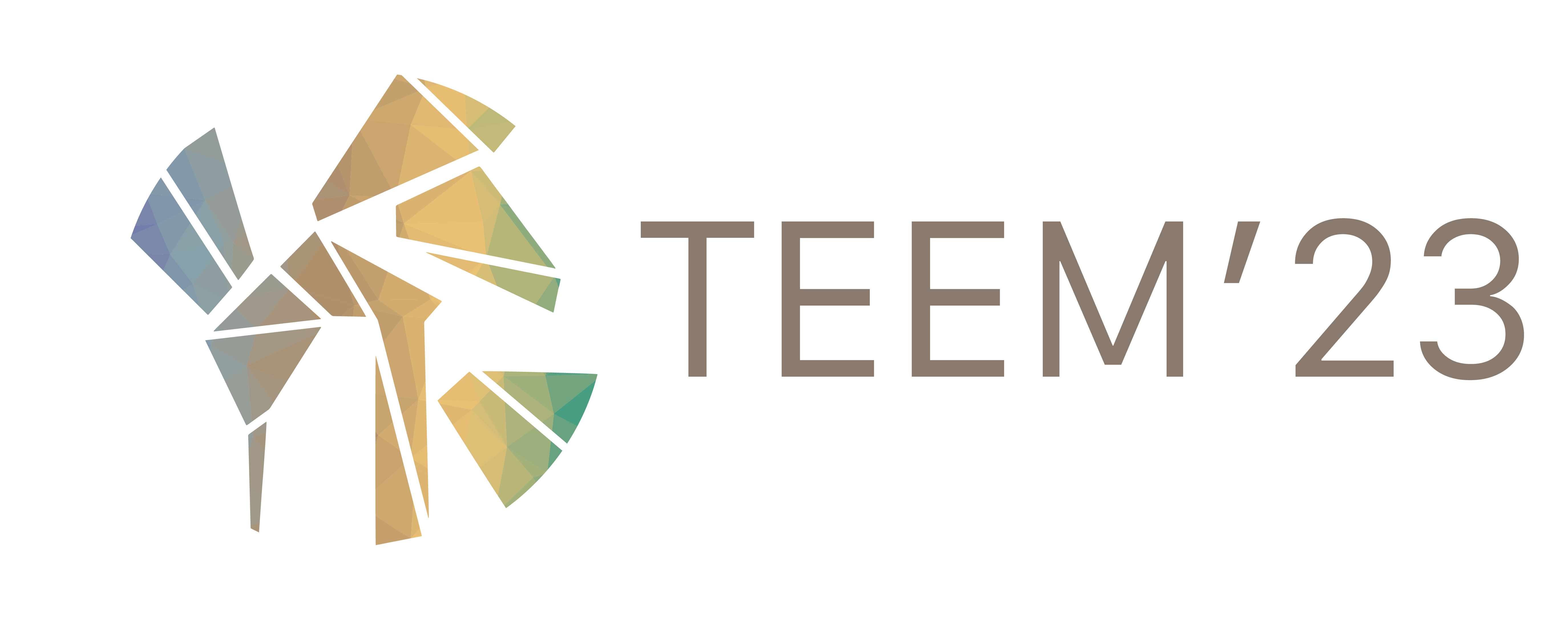“Inclusive User Experience (IUX) Design: Starting with Story”
Kelly Page, University of Colorado Denver, United States of America

How might we design learning and employment technologies for the lived experience of learning and work, inclusive of our intersectional identities and multiple pathways? We start with story, elevating context expertise, and co-designing with the storytellers closest to the experience we are designing a technology or innovation for.
In this talk, Dr. Page will share about Inclusive User Experience (IUX) design cultivated in a culture of care for social and cultural innovation. She’ll share key design principles which guide her work, developed from over 20-years of experience co-designing with (not for) learners and workers, and in partnership with the communities in which they live, learn and work. Drawing from international case studies, Dr. Page will share tips and advice for co-designing with partners and codesigners, and the emergent protocols necessary for story-centered, impactful and consensual participatory social design research,
As a social-design ethnographer, Kelly has an obsession with social leadership, learning as a lived experience and story-centered codesign for the development of learning and employment innovations. She has over 20 years’ experience working at the intersection of community codesign of emerging technologies and initiatives for start-ups and Fortune 500 companies, government agencies, schools and universities.
Her work has been published in leading peer-reviewed academic education, technology and business journals, such as Studies in Higher Education, Computers in Human Behavior, International Journal of Interactive Marketing, International Journal of Human-Computer Studies, Psychology & Marketing, Behavior & Information Technology, Journal of Business Research. And been featured in press such as The New York Times, Fast Company, Getting Smart, Wall Street Journal, Good Housekeeping, NBC, Chicago Tribune. She has also received institutional excellence in teaching and research awards.
Kelly is committed to developing ethical, entrepreneurial and scientific thinking and creating truly social and caring cultures, leaders and experiences. She is an affiliate faculty member of the University of Colorado (UC) Denver School of Education and Human Development (SEHD) community, and a mentor with the Women Leadership Accelerator run by 1871 Chicago. She received her PhD in Psychology of Web (Hypermedia) Knowledge from University of New South Wales (UNSW) in 2003, obtained her first academic post at Cardiff University (UK)(2004), and held visiting positions in Europe, UK and USA.
“Teaching tools and methods for encouraging student engagement without overloading staff”
John Anthony Rossiter, University of Sheffield, United Kingdom

It is well known that students learn more when they are active and thus a core challenge for teaching staff is to encourage effective student activity, both during teaching sessions and also student private study. However, an obvious obstacle is that often, creating effective resources and activities to encourage such engagement can be excessively time consuming for staff, or, simply not easily accessible to students. This talk will demonstrate a number of tools that Anthony has used in his own teaching practice, it must be said with varying success; these aspects will also be discussed honestly.
Anthony’s teaching focuses largely around control engineering topics and thus many of the resources are focussed around that, albeit the underlying pedagogical message and approach are transferable to many engineering topics. The talk will also include a significant element on assessment: how can we do this efficiently and thus cope with delivering rapid feedback to large cohorts and minimising inefficient or time consuming marking practices? Also, how do we modernise assessment so it is fit for the 21st century?
Anthony Rossiter is at the University of Sheffield, United Kingdom. He received the M.A. and D.Phil. degrees from Oxford University in 1987 and 1990, respectively. Following a brief postdoctoral position, he obtained his first academic post at Loughborough University in 1992 and subsequently moved to the University of Sheffield in 2001.
He is best known for his contributions to predictive control and notably the early work on proposing and understanding dual-mode approaches alongside the foundational ideas and publications behind tube model predictive control. He is also the author of popular textbooks and online resources on predictive control, as well as numerous academic papers. More recently he has served as chair of both the IFAC and IEEE Technical Committees on Control Education and continues in leadership roles in the international control community in promoting the importance of both effective pedagogy and the potential for modern technology to enhance the student learning experience.
His open-access teaching resources on the web (https://controleducation.sites.sheffield.ac.uk/) are widely used. His pedagogical work is based on the philosophy of what works effectively that can also be implemented simply and cheaply for both staff and students?
